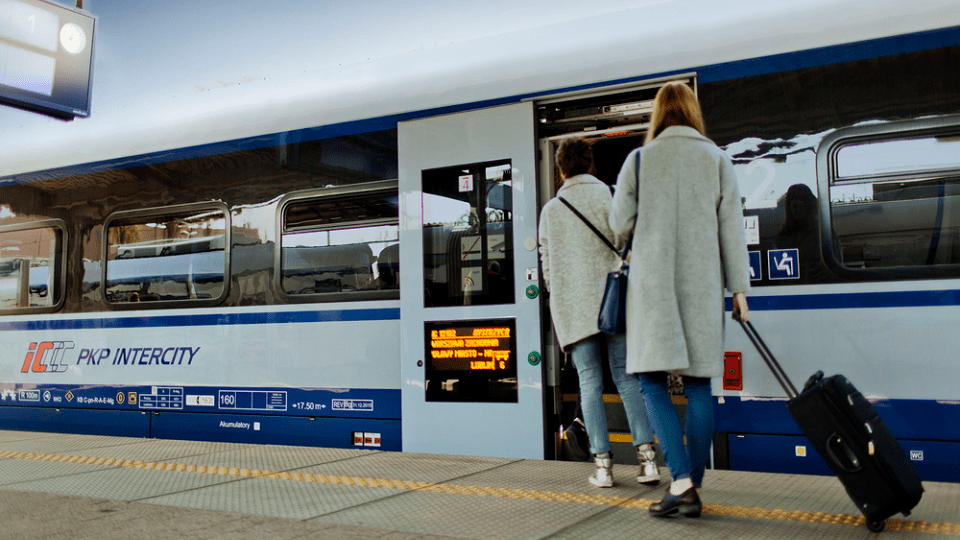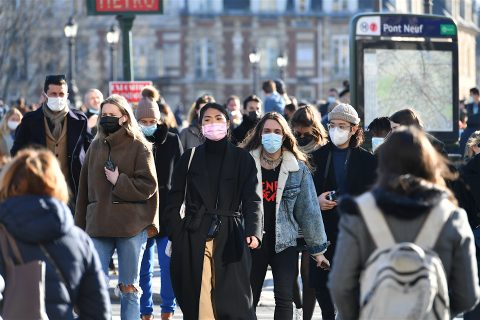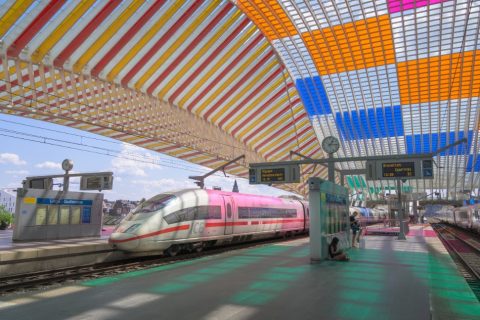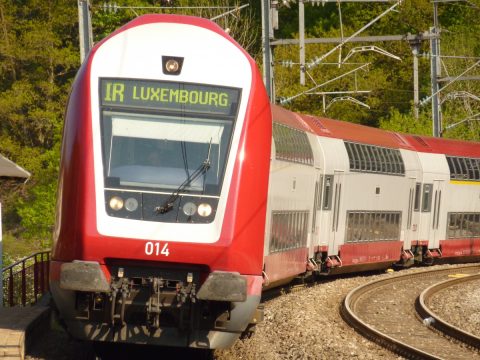How European railways react to coronavirus

While European airlines cancel their flights to Italy and other countries, railway operators try to keep up the work as normal as possible. However, the international train traffic to and from Italy has been suspended. At the same time, European railway operators have to take some other measures in order to provide safe trips for their passengers.
Want to read more?
You have read all of your free premium articles for this month. Please become a subscriber to keep reading.
Subscribe now!
Take advantage of our exclusive offer to get full access to all premium content.




